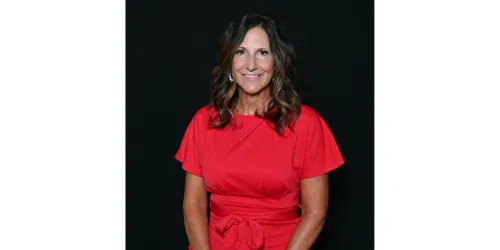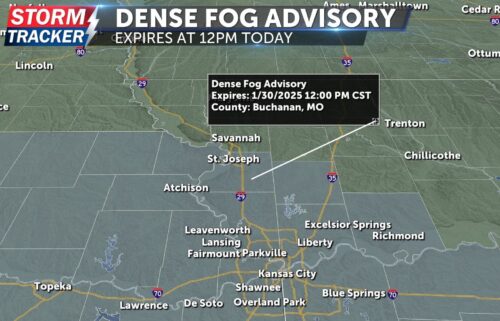Carter in 1991 Landon Lecture: ‘Peace in Middle East is not a dream’
By Megan Moser – The Manhattan Mercury, Kan. (TNS)
Dec. 30—Former President Jimmy Carter, who died Sunday at age 100, spoke at K-State in a 1991 Landon Lecture about Middle East relations, a topic that defined his presidency and still confounds the world today.
Carter, the first president to reach the century mark, grew up on a Georgia farm and started his lecture on April 26, 1991, with humor.
“Most southerners know a lot of jokes,” he said in the speech. “As a matter of fact, they were disappointed, as I did not tell very many jokes. It turned out that my successor in the White House was a good storyteller.”
Carter’s speech focused on “life after the White House,” which mostly of consisted of family and work with his nonprofit organization, The Carter Center.
He also shared what he thought could be done in the Middle East, which then, as now, was embroiled in conflict. Carter is remembered for his peacemaking in the region, which represented low points of his tenure.
Carter in 1978 brokered the Camp David Accords, which included a framework for peace between Egypt and Israel, and a framework for negotiations on Palestinian autonomy. Egypt and Israel signed a peace treaty in March 1979, but the Palestinian autonomy talks ultimately went nowhere, in large part due to Israeli intransigence.
Other conflicts, including the collapse of Iran, added to the tension.
“What can be done?” he asked in the lecture. “Well, I do not know for sure. I have gone to the Middle East several times, but only when there was no interest from Washington. There is no need for me to go and be competitive in my presence there. But I have a unique capability, which some people criticize. I am one of the few leaders in the world that can meet freely with the Likud leadership and with the labor coalition leadership in Israel. (I can go) into the West Bank and Gaza and meet with the Palestinians without embarrassment, meet with the Peace Now people, the Human Rights organizations in Israel, as well as the great scholars who devote their lives to studying the intricacies of this troubled region.
“You can see that not many people are free of political restraints or can meet with that whole gamut of those who might shape, ultimately, an agreement.”
Carter said progress toward peace in the Middle East would lessen tensions in the world.
“That is why I get so excited talking about the Middle East,” he said. “It is not a hopeless case. It sounds like a dream. A lot of people have been frustrated, and a lot of political careers may have been lost because of controversial stands on Middle East issues. But the reason I feel optimistic, although I am not naive, is that there is hope.”
Carter said a start would be letting Middle East leaders make their best cases in two-hour TV blocks broadcast around the world.
“There is hope because of one factor that does not change: the Israeli people want peace,” he said. “The Palestinians want peace. The Jordanians want peace. The Syrians want peace. God knows the Lebanese want peace. The people want peace. The world wants peace. It is a matter of overcoming their reluctance. It is just a matter of overcoming the reluctance of a few recalcitrant political leaders who do not have the vision to see that they could go down in history as great saviors of the people of a precious focused region of the world, the Holy Land.”
(c)2024 The Manhattan Mercury, Kan.
Visit The Manhattan Mercury, Kan. at www.themercury.com
Distributed by Tribune Content Agency, LLC.



